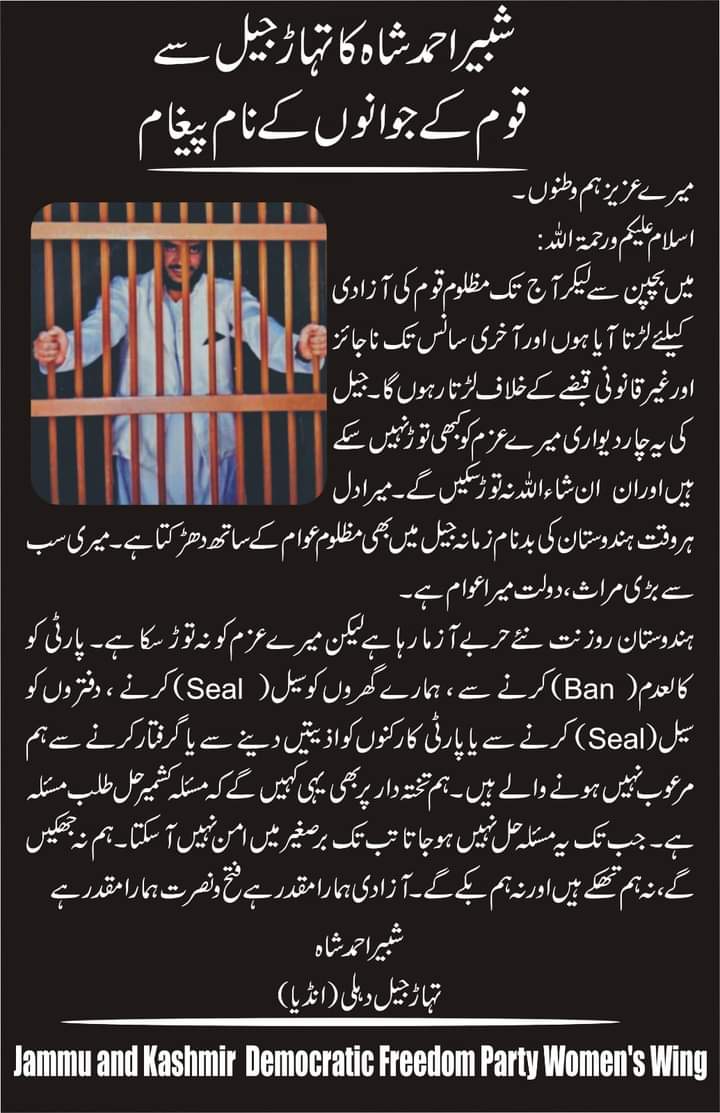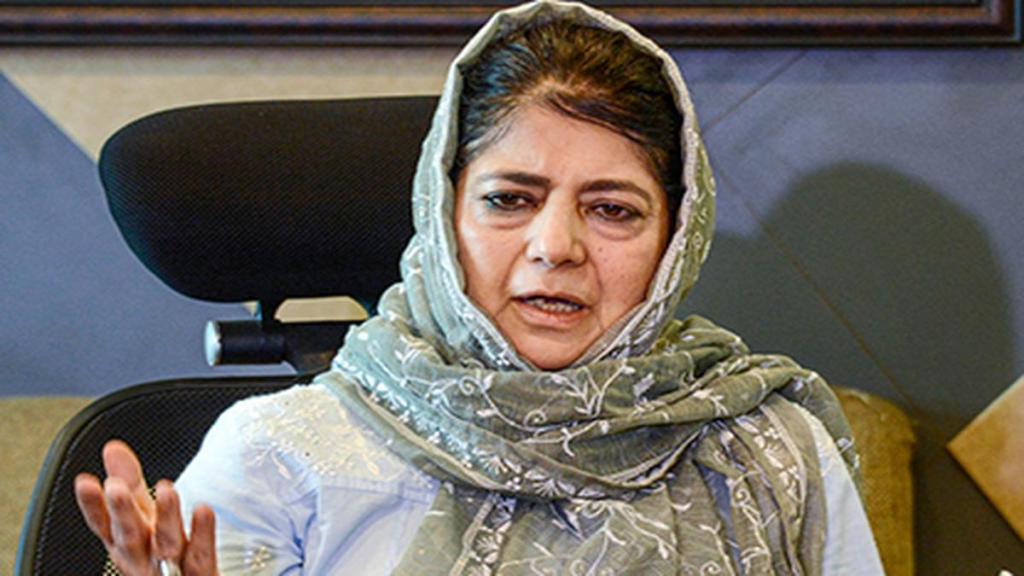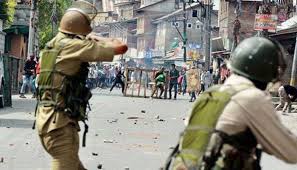khawaja Ahsan Shoukat
Kashmiri nation and Diaspora commemorates the 40th anniversary of the martyrdom of Kashmiri icon Maqbool Butt with a renewed commitment to achieve the hero’s dream: self-determination as prescribed by the United Nations, international law, and moral justice. Since his execution, February 11 has been observed by all Kashmiris as a black day of mourning for the martyr of a brave Kashmiri statesman.
Father of Kashmiri nations armed struggle Muhammad Maqbool Butt was an ideologue, statesman, warrior, political leader and diplomat who led this nation on all fronts and sacrificed his life for the sacred cause.
Maqbool Bhat will always remain as a “symbol of freedom and liberty not only for Kashmiri nation but for all the nations which are striving for their freedom and liberty”.
11 February is a sober day but at the same time a day of remembrance and a day to revitalize our resolve to be true to the mission of Martyr Maqbool Butt. Maqbool Butt’s life has inspired countless Kashmiris to persist in the struggle for self-determination against India’s intransigence. His vision of a free and fair Kashmiri self-determination on its sovereign destiny did not die with his death. He gave his life for the cause because he believed in it with all sincerity and honesty.
Maqbool Butt gave a lesson to the generations to come that it is very hard but only choice to accept martyrdom instead of slavery. His courage demonstrated such savagery would backfire, and intensify the Kashmir resistance.
The struggle and martyrdom of the father of Kashmiri nation is a glorious chapter of our history that will always guide us through the tough journey of freedom struggle.
Maqbool Butt not only showed us how to continue struggle and resistance when free but also illustrated before us the way to continue resistance from jails and incarceration centres. His letters written during 12 years of incarceration at Delhi jail are a testimony of his intellect and greatness and every young Kashmiri should at least read these letters to know about this legend.
Indian authorities could jail Maqbool Bhat and silence him by execution but they could not silence his ultimate desire – the struggle for the people of Kashmir. The spirit of Maqbool Bhat is alive. Today, he is an inspiration to millions of Kashmiris and those striving for human rights and human dignity.
The nation still demands that the Government of India return the mortal remains of Shaheed Maqbool Bhat and Shaheed Afzal Guru to their relatives in Kashmir. It has been a sacrilege to have kept them in India for decades.
His last words before hanging were ‘If Indian authorities of occupation think that by hanging me they can crush the Kashmir struggle they are mistaken. The struggle actually will start after my hanging.”
To him, Azadi never meant only a liberated land; rather he stood for the real Azadi where his people could have that real freedom as many nations on the face of the earth have. He was not an adventurous or Mujahid as many still perceive him but a visionary political leader who stood firm for the idea of human freedoms based upon justice and equality.
The writer is a research scholar, with special focus on Kashmir and insurgencies.





